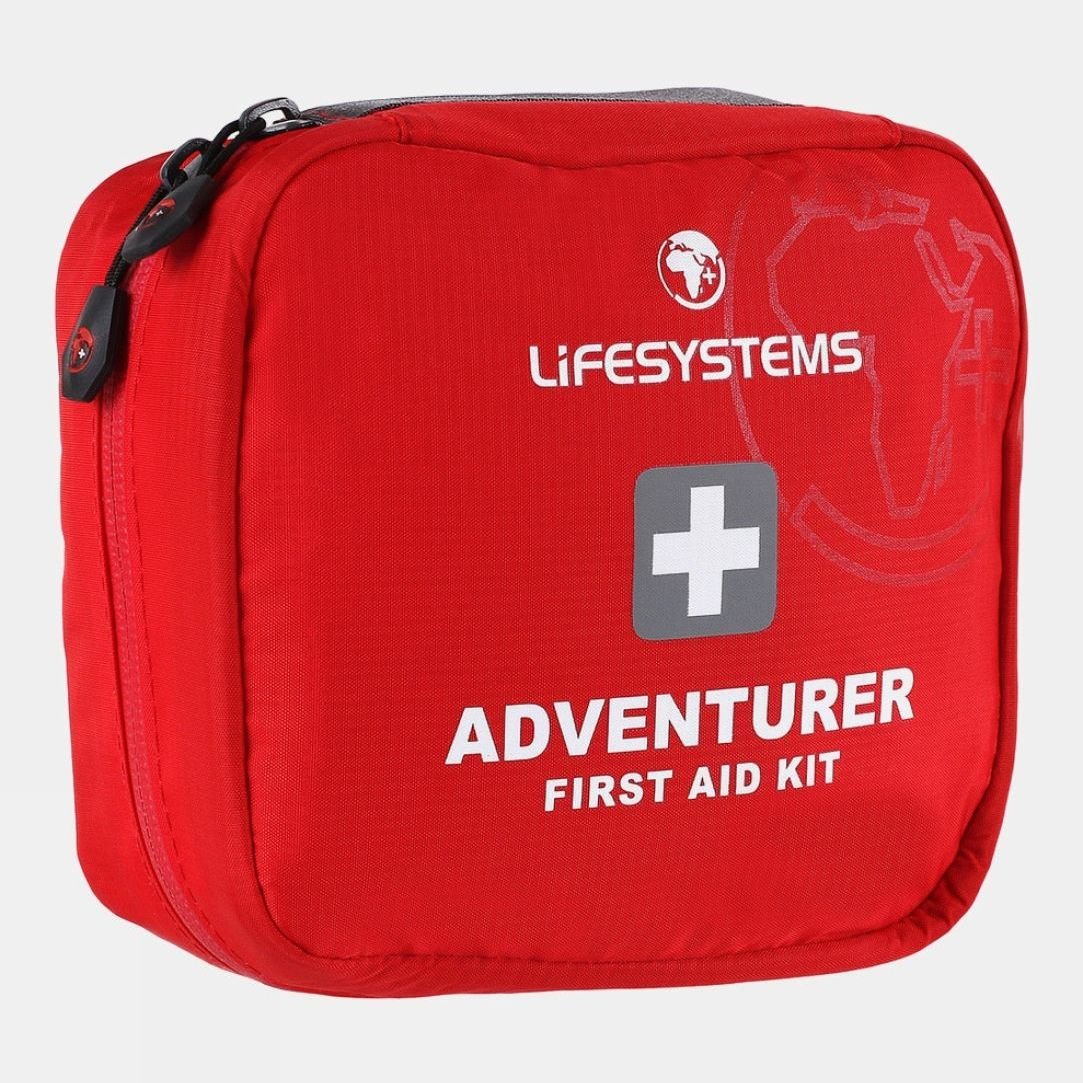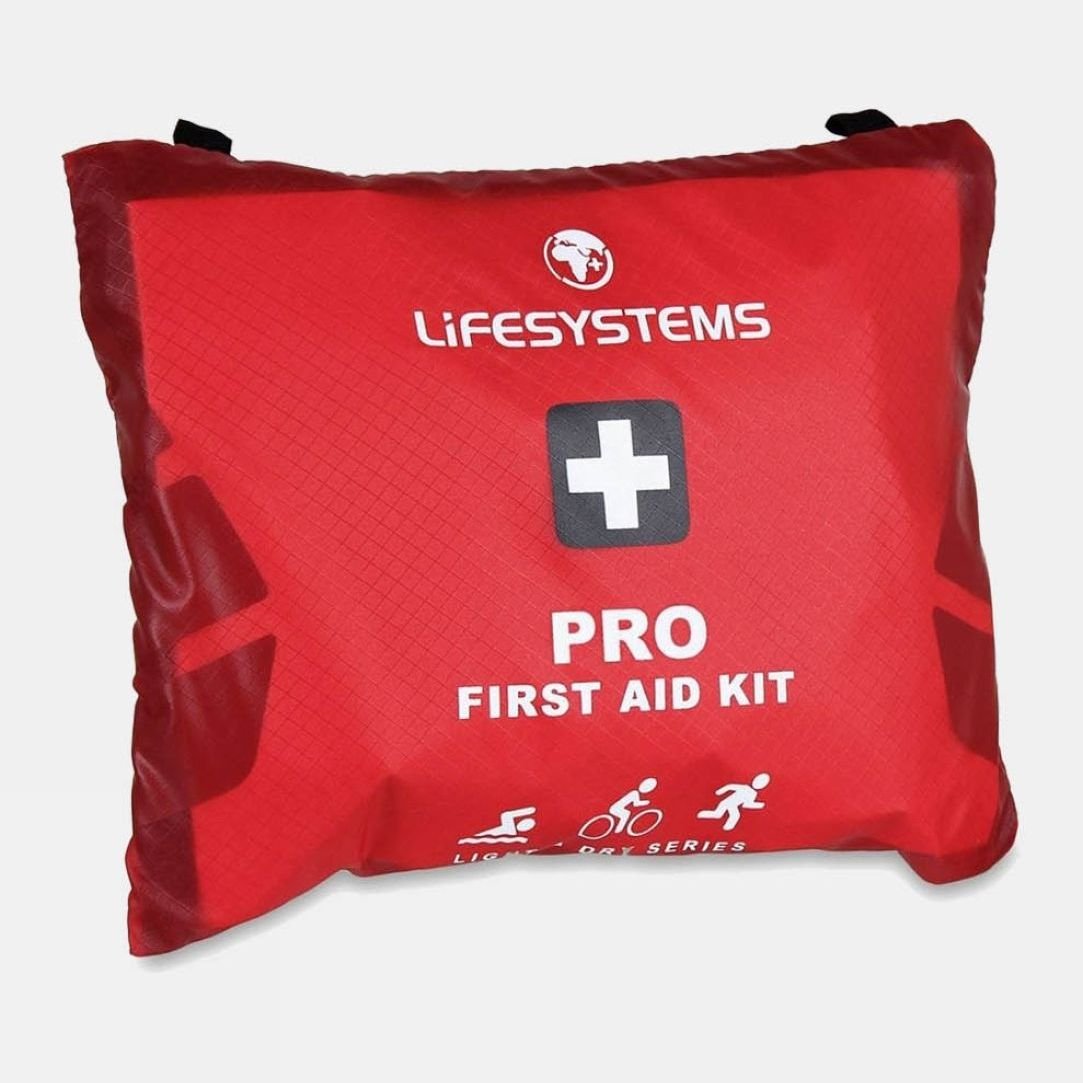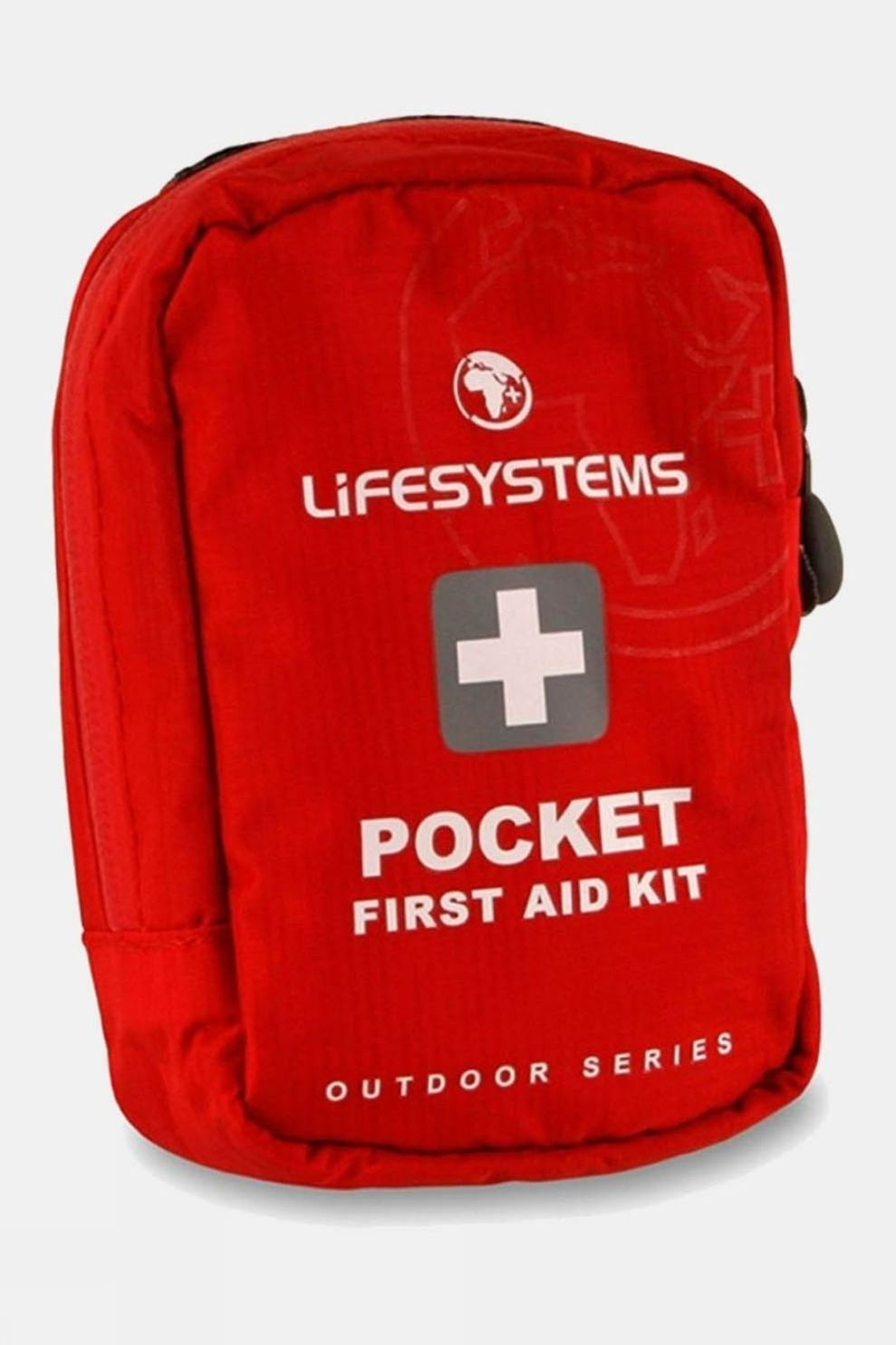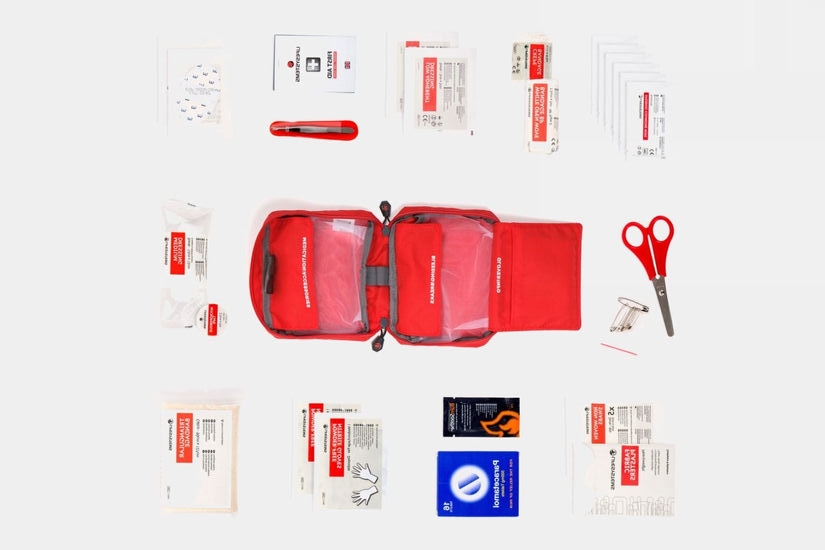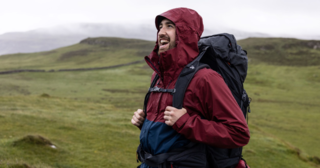Equipped for Emergencies — Your Complete First Aid Kit Guide
A first aid kit is an essential item that every home, car, workplace and school should have readily available. First aid kits contain vital supplies that can be used to provide initial care in the event of an injury or sudden illness. Having the right first aid supplies on hand can help treat minor wounds, stabilise major emergencies and potentially save lives while waiting for professional medical assistance.
There are home first aid kits designed for use within the house, car first aid kits to keep in your vehicle, travel first aid kits for vacations and adventures, baby’s first aid kits with child-specific items, sports first aid kits for practices and games, workplace first aid kits to meet occupational health standards and more. They come in all shapes and sizes, from comprehensive multi-purpose kits to mini kits designed for specific situations or portability. The exact first aid kit contents can vary depending on the size and intended use of the kit. However, some essential items should be included in any basic first-aid kit. These include different types of bandages and dressings, antiseptic wipes, medical tape, antibiotic ointments, disposable gloves, trauma pads and more.
Recommended First Aid Kit Contents
When it comes to first aid kit contents, not all kits are created equal. The Health and Safety Executive (HSE) sets out the minimum requirements for fully stocked first aid kits in workplaces. However, the HSE guidance can serve as a useful basis for assembling comprehensive kits designed for home use as well. According to HSE guidelines, all kits should contain the following basic items at a minimum:
A leaflet giving general guidance on first aid eg HSE's leaflet Basic Advice on First Aid at Work
Individually wrapped sterile adhesive dressings (assorted sizes)
Two sterile eye pads
Four individually wrapped triangular bandages
Six safety pins
Six medium-sized individually wrapped sterile un-medicated wound dressings
Two large sterile individually wrapped un-medicated wound dressings
One pair of disposable gloves
Of course, fully stocked first aid kits - especially those designed for extensive home, vehicle, travel or activity use - will contain more than these bare minimum supplies. Some other highly recommended items to include are:
Sterile saline solution or sterile water for wound cleansing
Plasters and adhesive tape
Roller bandages
Gauze and trauma pads
Tweezers and scissors
Instant cold packs
Antiseptic wipes and antibiotic cream
A clinical waste disposal bag
A first-aid guidance leaflet
Larger kits may also contain burn gel dressings, butterfly closures for minor cuts and lacerations, tensor bandages, safety pins, thermometers and irrigation syringes. Advanced kits include suture kits with sterile threaded needles, sterile lubricant and latex tourniquets. The exact contents can be tailored to the anticipated risks and potential injuries associated with the kit’s intended circumstances ie home, workplace, vehicle travel etc.
Packing Customised Kits (Home, Car, Travel...)
When it comes to assembling your own custom kit, the type and quantity of supplies you include will depend heavily on the kit’s intended use. Who is the kit for? Where will it be stored? What kind of medical situations or injuries would it need to treat? These are all important considerations that will inform your packing list.
As an example – here is an overview of what might be included in three of the most common types of customised kits...
Home First Aid Kits
A well-stocked home first aid kit is designed to provide the essentials for treating most common household injuries like cuts, burns, sprains, fever, pain, rashes, stings etc. Suggested contents include:
Bandages – sterile gauze, self-adherent wrap, tensor bandages, triangular bandages for making slings, roller gauze, elastic bandage.
Wound care – sterile saline, alcohol wipes, antibiotic ointment, assorted plasters, butterfly bandages, non-stick pads, and medical tape.
Tools – blunt tip scissors, tweezers, safety pins, disposable gloves, plastic forceps, digital oral thermometer.
Medications – antiseptic cream, antihistamine tablets, ibuprofen and paracetamol, rehydration salts, activated charcoal.
Miscellaneous – cold packs, clinical waste bag, pocket CPR mask, torch, emergency thermal blanket.
Car First Aid Kits
Car first aid kits need to contain supplies to treat injuries sustained in motor vehicle collisions and other roadside emergencies. Key inclusions are:
Collars, slings and trauma dressings to stabilise neck/spine injuries
Heavy-duty bandages, gauze pads and elastic wraps for bleeding wounds
Tools to escape crashed vehicles like a seatbelt cutter and window breaker
Roadside safety essentials like warning triangles, torches, reflectors
Water, food packs, thermal blanket for unexpected delays
Travel First Aid Kits
Travel first aid kits prepare globetrotting tourists and adventurers for health issues far from professional medical facilities. Recommended contents include:
Broad-spectrum antibiotics, oral rehydration salts, motion sickness tablets
Instruments for field diagnosis/treatment – thermometer, blood pressure cuff etc
Medications unavailable locally - specialised drugs, EpiPens for allergies
Extra quantities of critical supplies are difficult to obtain while travelling.
Follow this template - tailor your supplies to likely risks - when designing customised kits for school, workplace, pets or personal needs.
Specialised Kits (Hiking, Babies, Sports, Workplace)
As we’ve seen, while basic kits share many common components, specialised kits often need additional items to meet likely risks in their intended setting. Some examples of customised kits for specific situations include:
Hiking First Aid Kits
Blister pads and moleskin or Second Skin for foot injuries
Splints/SAM splits for broken bones in remote areas
Tourniquets for venomous snake bites
Emergency signalling devices like whistles or mirrors
Baby’s First Aid Kits
Infant doses of OTC medications like paracetamol
Nasal aspirator and bulb syringe
Infant thermometer and adhesive strips
Emergency foil blanket
Sports First Aid Kits
Instant cold packs to treat strains, sprains and bruises
Elastic wraps, splints and slings for extremity injuries
Gauze and specialised dressings for active bleeds
Emergency thermal blankets for shock treatment
Workplace First Aid Kits
Burn gel dressings and sterile coverings
Eyewash station for chemical exposures
Biohazard waste disposal equipment
Resuscitation masks to provide ventilation
Lifesystems — Purchasing Quality Pre-Made Kits
When Adventure calls, Lifesystems first aid kits answer. This UK-based manufacturer has specially designed a range of portable, protective kits to meet the emergency medical needs of hikers, campers, expeditioners and other active travellers venturing well off the beaten path. Backed by over 30 years of experience catering to outdoor enthusiasts, Lifesystems kits offer ultra-compact, lightweight and waterproof packing of essential injury treatment supplies. Their kits enable swift response for the strains, sprains, wounds and other incidents inherent to pursuits like high-altitude trekking, long-distance cycling or scientific fieldwork beyond the rapid reach of professional medical care.
Core products include the backcountry-ready Mountain Leader kit and the amply stocked Trekking Pro kit featuring over 275 everyday essentials like plasters, scissors, dressings and an emergency foil blanket neatly stored across 27 travel-tough compartments. Kits are crafted from robust materials with bright colour coding and internal organisation to allow a sure-handed selection of necessary items even in harsh conditions or under duress.
Not forgetting the perils posed by spending multiple seasons in remote locations, Trekking Pro builds on fundamentals by incorporating handy aids for blister repairs and preventing hypothermia. Other special calls covered include eye wash ampoules, single-use thermometers and innovative Nano Strips which utilise heavy metal removal technology to provide purified drinking water from suspect sources. Recognising the motley misfortunes arising far from professional help, Lifesystems have answered the demand for expanded adventuring preparedness with the comprehensive Expedition Pro Medical Kit. This hardcore offering adds over 50 further essentials allowing diagnosis and early interventions for events like allergic reactions, altitude sickness and infectious diseases in formidable frontier environments.
The reinforced Expedition Pro case holds ampules treating Giardia, malaria testing equipment, rehydration salts combating dehydration, mini peel-and-stick thermometers plus an oral rehydration system among its protective payload shielding explorers and ecological researchers from pernicious pathologies worldwide. Blending portability and protective capacities rivalling fixed facilities, Lifesystems’ signature kits bring trusted British emergency supplies to otherwise medically underserved global hotspots. Their durable designs distil a battle-tested selection of dressings, instruments and medication into conveniently compact, confidence-inspiring crisis companions.
Related articles

Let us know you agree to cookies
We use marketing, analytical and functional cookies as well as similar technologies to give you the best experience. Third parties, including social media platforms, often place tracking cookies on our site to show you personalised adverts outside of our website.
We store your cookie preferences for two years and you can edit your preferences via ‘manage cookies’ or through the cookie policy at the bottom of every page. For more information, please see our cookie policy.

